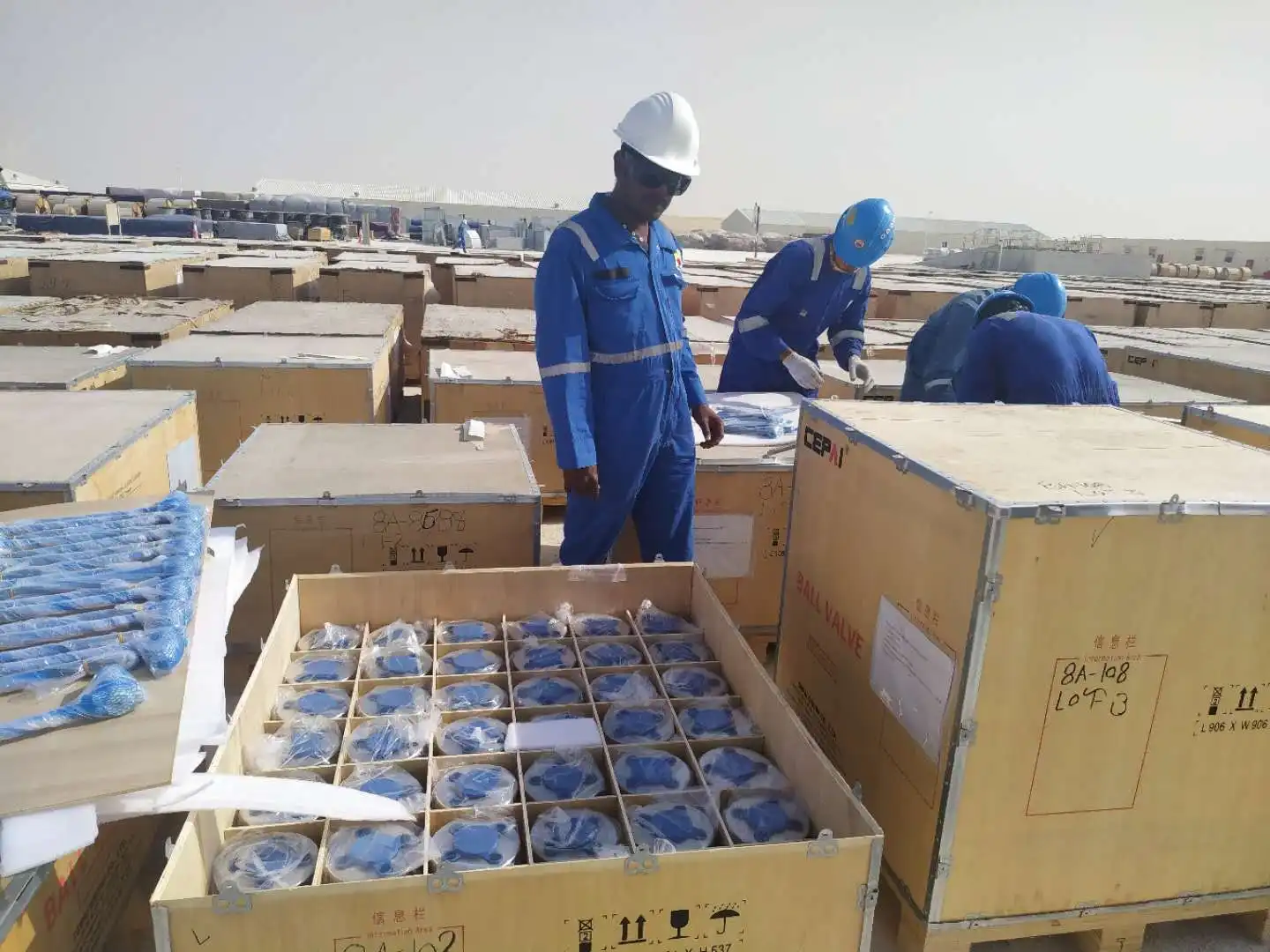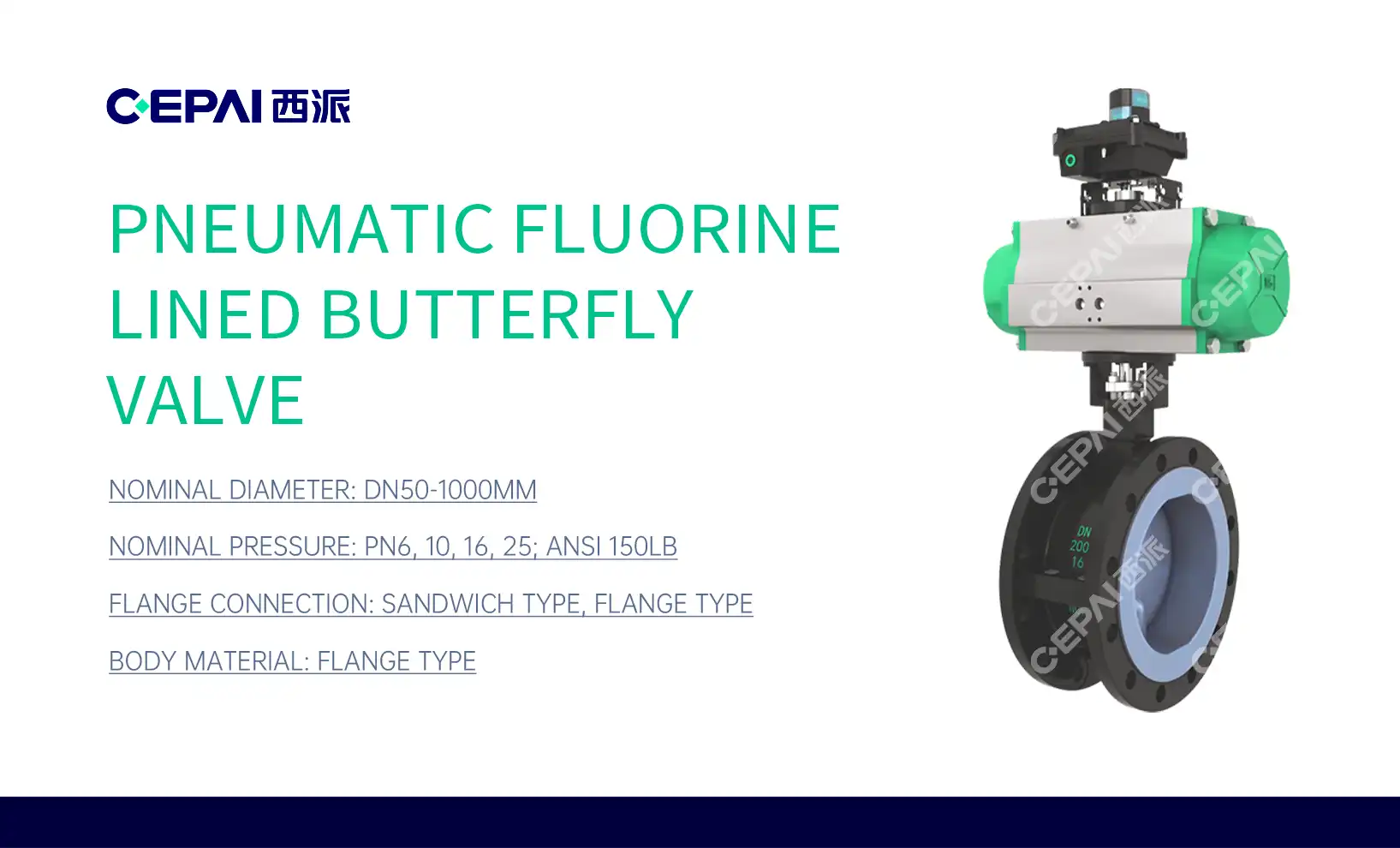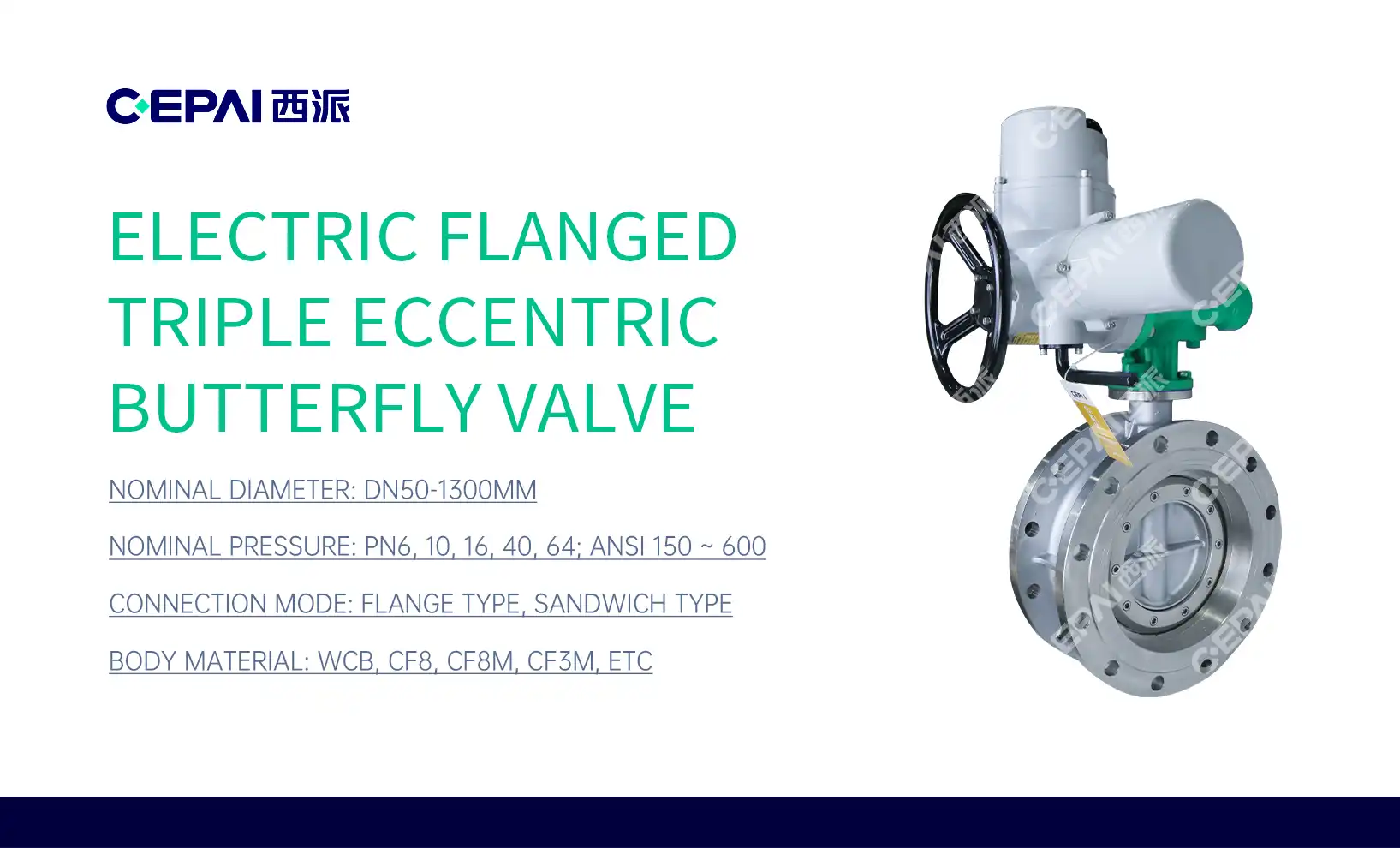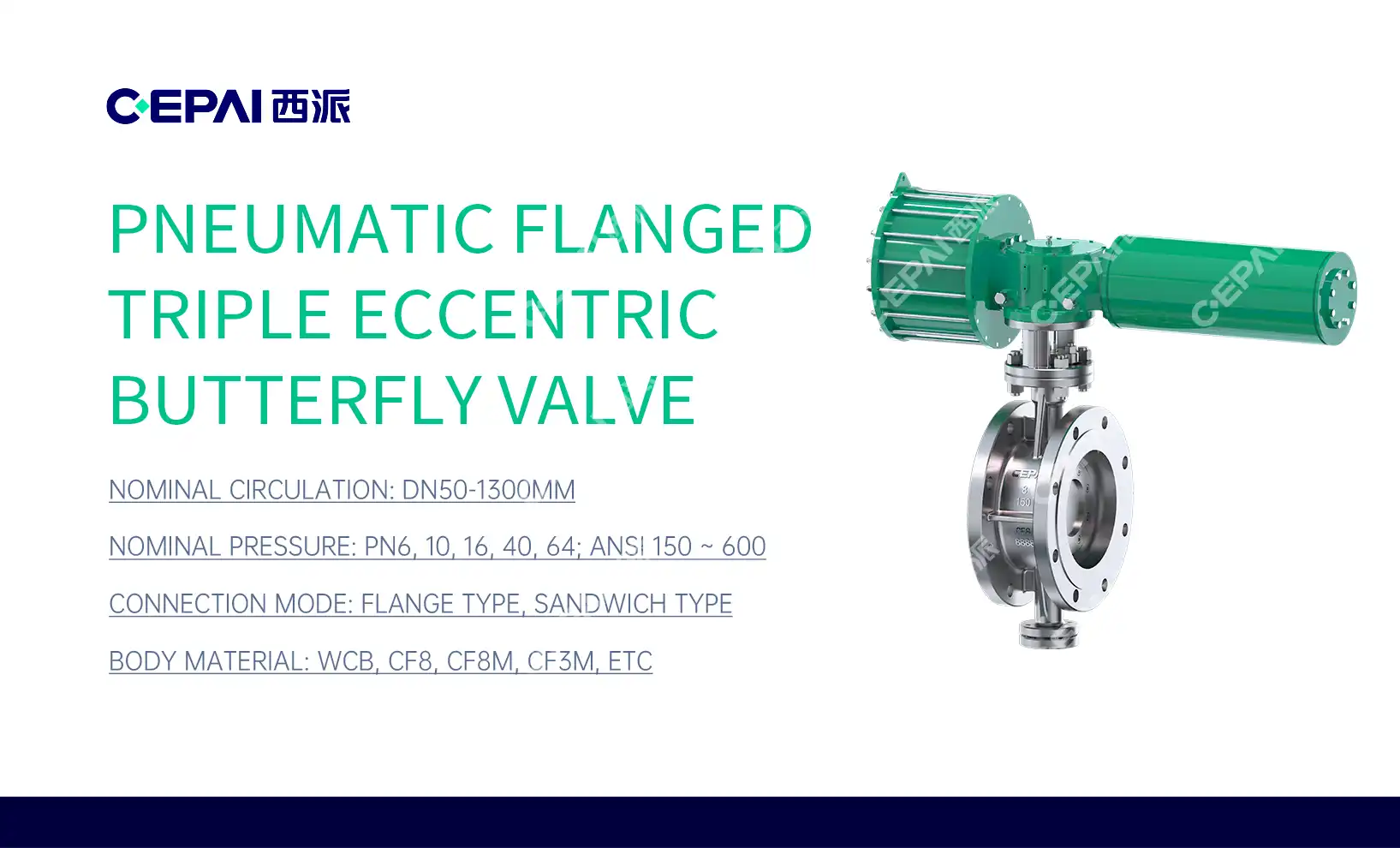Stainless Steel vs Brass Ball Valves - Which Lasts Longer?
If the service is tough and commercial, a stainless steel ball valve will last longer than a brass ball valve. Stainless steel doesn't rust as easily, stays strong at high temperatures and pressures, and doesn't wear away or form pits as easily. Brass ball valves work well in low-pressure systems for water, air, or homes. However, they break down more quickly in harsh media like fuels, sour gas, seawater, and many chemicals. When it comes to oil and gas drilling, production, and pipelines, stainless steel construction usually has a longer service life, more stable sealing, and lower lifetime costs. This is especially true when it is made and tested to strict international standards.

Material Basics: How Stainless Steel and Brass Behave Over Time?
Chemical Composition and Corrosion Resistance
Steel made from stainless steel is a combination of iron, chromium, nickel, and molybdenum. Chrome makes a thin, passive layer on the surface. This film keeps the metal safe from rust and other chemicals that can damage it. Water, steam, many solvents, and some chemicals don't hurt grades 304 and 316 stainless steel very much.
Copper and zinc are mixed together to make brass. In clean water and many other neutral fluids, it doesn't rust as easily as plain carbon steel. Brass, on the other hand, is more likely to lose its zinc content. This happens when zinc leaks out in certain situations, like when the water is hot or slightly acidic. This can weaken the valve body over time and make it last less long. When chlorides, sulfides, or ammonia are present, brass breaks down more quickly than stainless steel.
Mechanical Strength and Pressure-Temperature Performance
A brass ball valve is not as hard or as strong as a stainless steel ball valve. This means that valves made of stainless steel can safely work at higher temperatures and pressures. This strength is very important in oil and gas work, where working temperatures can get very high. Stainless steel also keeps its qualities better over a wider range of temperatures, even at low temperatures where it can be easy for it to break.
Brass valves can be used for low to medium pressure situations. They are easy to work with and are used a lot in HVAC, water distribution, and small commercial work. But when temperatures or forces rise, the cloth and seats are put under more stress. In these situations, brass can bend or wear out more quickly. When used in high-pressure drills or production lines, stainless steel structure is more stable and lasts longer.
Compatibility with Oil, Gas, and Chemical Media
Ball valves are used in oil and gas processes. They deal with crude oil, gas, created water, and sometimes toxic substances like CO2, H2S, and chlorides. Valve made of stainless steel, especially types that don't rust, works better in these conditions. More efficiently, they protect against general rust, pitting, and fissure attack. The valve body, ball, and stem will last longer if you do this.
Brass works well in clean water or compressed air because it is not forceful. Brass can crack or lose its zinc when it comes into contact with fuels and many process chemicals. This could cause spills or damage to the machinery. These kinds of risks are not acceptable for safety or shutdown tasks that are very important. That's why many industry standards say that stainless steel ball valves should be used in drilling, marine, and chemical handling situations where they need to be reliable for a long time.
Service Life in Real Applications: What the Data and Experience Show?
Performance in Water, HVAC, and General Industrial Systems
A metal ball valve can last for a long time in clean water and HVAC systems. The temperatures and pressures in these systems are modest. Most of the time, the reporters don't damage things. In this case, brass's lower cost as a material can make sense, especially for lines that aren't very important. But even in water service, issues can happen if the water has a lot of salt, a low pH, or is too hot. Dezincification of brass can happen in these situations, which makes the walls thinner and weaker.
It is more likely that a stainless steel ball valve will last longer in the same system. Stainless steel is better at resisting these chemical effects and wears less quickly when used a lot. There have been studies in water distribution and industrial pipes that show that stainless steel parts last longer and need fewer repairs. For people who want to keep system upkeep and downtime to a minimum, stainless steel is a better choice, even with mild use.
Performance in Oil and Gas Drilling, Production, and Pipelines
The places where oil and gas are found are worse. Valves are put through sand, created water, harsh chemicals, high pressure, and high temperatures. Corrosion engineering studies have shown that stainless steels used in wellhead and pipeline valves can last a lot longer than copper-based metals, especially in media that contain CO2 and H2S. When you choose the right material, you can stop pitting, crevice rust, and sulfur stress cracks from happening.
Brass is not often used in high-pressure gas valves these days because it is not very strong and corrodes easily in these circumstances. Erosion and rust can make the body of a brass valve wear out faster, which could cause it to leak or break. When used with good seats and seals, a stainless steel ball valve can keep shutting off tightly and running smoothly for many runs. This cuts down on the number of repairs and field visits that need to be made, which can be expensive and dangerous in rural or ocean areas.
Maintenance, Downtime, and Lifecycle Cost
It's important to look at more than just the original buy price when deciding which valve "lasts longer." A cheap brass valve that needs to be fixed or replaced often can end up costing more in the long run than a stainless steel valve that works well for a long time. It can be very expensive to deal with downtime, wages, lost output, and safety risks.
Asset management studies from the business world show that using better materials for important valves can lower their life-cycle costs. Stainless steel valves tend to keep their ability to close, which lowers the need for unexpected repair and raises the availability of the system. Brass valves may still work well in low-pressure situations that aren't very important. Even though it costs more to buy, a stainless steel ball valve is generally the better choice in the long run for key places like wellheads, dividers, and pipeline separation.

Key Factors to Consider When Choosing Between Stainless Steel and Brass Process
Medium, Pressure, and Temperature
The first thing that needs to be done is to describe what goes through the valve and when. Most of the time, stainless steel is safer and lasts longer when dealing with oil, gas, produced water, acidic fluids, or unknown combinations. In acidic and erosive work, it gives stable performance. Brass ball valves might be enough for low-pressure air or water in systems that aren't important.
Ratings for pressure and temperature are also very important. When working pressures and temperatures are high, valve bodies and seats are put under more stress. Stainless steel stays strong and seals well in these situations. Brass can change shape, grow, or wear out faster than usual. The material of the valve shouldn't be used close to its limits so that it lasts a long time.
Safety, Standards, and Certification Requirements
When digging for and producing oil and gas, valves often have to follow strict rules and management systems. You can be sure that stainless steel ball valves will work well in the long term because they are made and tested according to established standards. Third-party certificates show that the tests, design, and materials all follow proven methods.
On the other hand, brass valves are mostly used in less demanding areas. They might not have the same license or pressing class. A approved stainless steel ball valve is generally the better choice when your job has to do with high pressure, bad service, or environmental risk. Both technical and legal risk are lower when you use valves that are rated properly.
Selecting a Reliable Manufacturer and Supplier
Valve life isn't just based on the metal it's made of. It also depends on how it was designed, machined, heated, tested, and the materials used for the seats. A valve maker that focuses on wellhead devices, pipeline valves, regulating valves, and other related tools can make sure that all of the valve assembly's parts meet the standards. Shape of the body and balls, finish on the outside, shape of the seal, and stem packing are all part of this.
When you work with a plant and global source with a lot of knowledge, you can get technical help and make changes. For instance, you might need unique metals, certain end links, or testing that is just right for your project. This can be done by a good maker, which will also help you with everything from planning to installation and service. One of the most important things you can do to make sure your ball valve works well for a long time is to choose a trusted partner when looking at stainless steel and brass choices.
Conclusion
When used in oil and gas and other harsh environments, stainless steel ball valves last longer than brass ball valves. When it comes to high-pressure, high-temperature, and aggressive media, stainless steel works better because it doesn't rust and is stronger. Brass valves can still be used in systems with low pressure and no critical needs. Stainless steel is generally the better long-term investment for important processes that need to be safe, uptime, and low lifetime costs. If you choose the right materials, follow the rules, and buy from a reputable company, your ball valves should work well for many years.
FAQs
Why does a ball valve made of stainless steel last longer than one made of brass?
A layer of chromium-rich oxide protects stainless steel and keeps it from rusting. It's also stronger and better able to handle high temperatures, cracking, and weathering. In some fluids, brass can lose its zinc and age quickly due to stress rust and dezincification.
When should you still use a brass ball valve?
Brass valves can be used in HVAC systems, clean water, air, or low-pressure systems. It's not very likely that severe rusting will happen because the environment is mild at this point. Brass can be a good value for tasks that aren't very important.
Are ball valves made of stainless steel always the best choice for oil and gas?
Stainless steel or other high-alloy materials are best for most oil and gas digging, production, and pipeline work. They offer more safety and longer resilience. But the choice of material should always be based on accurate process data and the rules that apply.
What part of the valve affects the cost of maintenance?
A valve that doesn't rust or wear out will need fewer fixes and replacements. This cuts down on work, downtime, and lost production. When you buy stainless steel valves, they may cost more, but they usually cost less in the long run.
Partnering with a Manufacturer You Can Trust | CEPAI
The quality of the materials used and the way they were made will decide how long your ball valves really last in important oil and gas work. As a worldwide maker, factory, and seller of valves, CEPAI focuses on making sturdy stainless steel ball valves and other high-performance valves for pipeline, drilling, and industrial projects. Our research team helps you choose the right materials, make changes, and test them to make sure they work in your specific service conditions. Please email us at cepai@cepai.com to talk about your needs for stainless steel or other types of ball valves.

References
Davis, J. R. (Ed.). Stainless Steels. ASM International.
Sedriks, A. J. Corrosion of Stainless Steels. John Wiley & Sons.
Fontana, M. G. Corrosion Engineering. McGraw-Hill.
International Molybdenum Association. Stainless Steel in Process Industries: Corrosion Resistance and Applications.
NACE International. Corrosion Control in the Oil and Gas Industry.
American Society of Mechanical Engineers. ASME B31.3 Process Piping – Material and Valve Selection Guidance.
_1746598525968.webp)
Get professional pre-sales technical consultation and valve selection services, customized solution services.

About CEPAI


